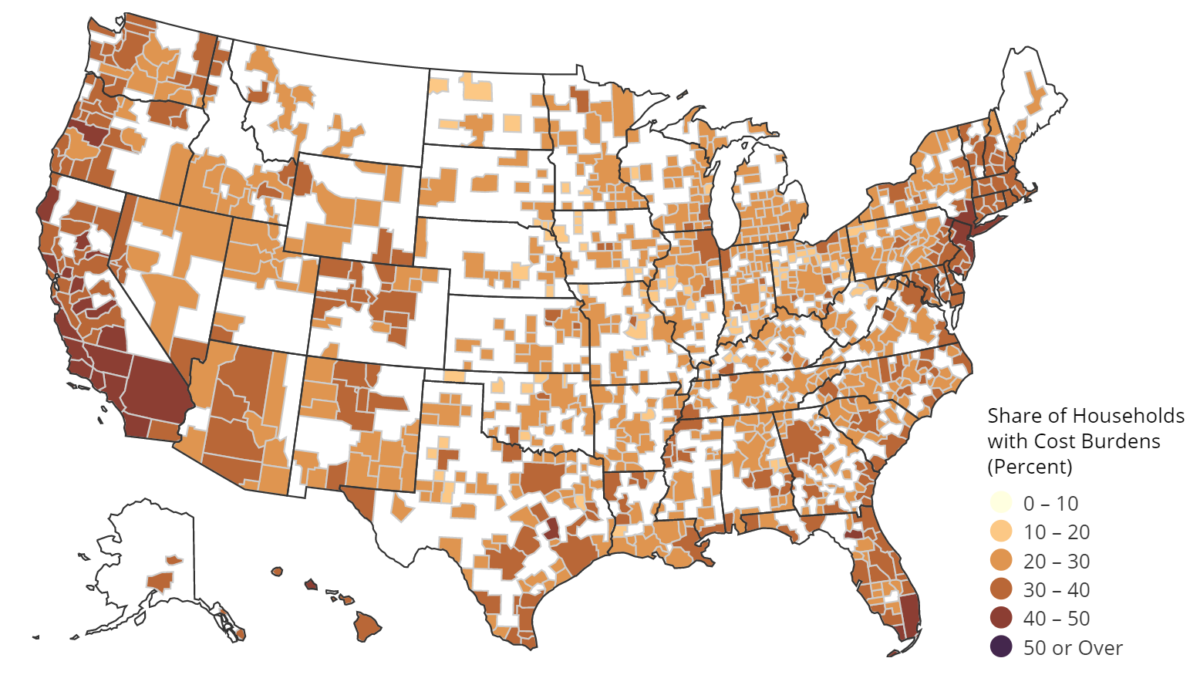Revealed: quarter of all tweets about climate crisis produced by bots – “It is terrifying to ponder the possibility that the President of the United States was cajoled by bots into committing an atrocity against humanity”

By Oliver Milman
21 February 2020
NEW YORK (The Guardian) – The social media conversation over the climate crisis is being reshaped by an army of automated Twitter bots, with a new analysis finding that a quarter of all tweets about climate on an average day are produced by bots, the Guardian can reveal.
The stunning levels of Twitter bot activity on topics related to global heating and the climate crisis is distorting the online discourse to include far more climate science denialism than it would otherwise.
An analysis of millions of tweets from around the period when Donald Trump announced the US would withdraw from the Paris climate agreement found that bots tended to applaud the president for his actions and spread misinformation about the science.
The study of Twitter bots and climate was undertaken by Brown University and has yet to be published. Bots are a type of software that can be directed to autonomously tweet, retweet, like or direct message on Twitter, under the guise of a human-fronted account.
“These findings suggest a substantial impact of mechanized bots in amplifying denialist messages about climate change, including support for Trump’s withdrawal from the Paris agreement,” states the draft study, seen by the Guardian.
On an average day during the period studied, 25% of all tweets about the climate crisis came from bots. This proportion was higher in certain topics – bots were responsible for 38% of tweets about “fake science” and 28% of all tweets about the petroleum giant Exxon.
This is one of the most insidious and dangerous elements of misinformation spread by bots – not just that misinformation is convincing to people but that just the mere existence of misinformation in social networks can cause people to trust accurate information less or disengage from the facts.
John Cook, Australian cognitive scientist and paper co-author
Conversely, tweets that could be categorized as online activism to support action on the climate crisis featured very few bots, at about 5% prevalence. The findings “suggest that bots are not just prevalent, but disproportionately so in topics that were supportive of Trump’s announcement or skeptical of climate science and action”, the analysis states.
Thomas Marlow, a PhD candidate at Brown who led the study, said the research came about as he and his colleagues are “always kind of wondering why there’s persistent levels of denial about something that the science is more or less settled on”. […]
John Cook [of Skeptical Science fame –Des], an Australian cognitive scientist and co-author with Lewandowsky, said that bots are “dangerous and potentially influential”, with evidence showing that when people are exposed to facts and misinformation they are often left misled.
“This is one of the most insidious and dangerous elements of misinformation spread by bots – not just that misinformation is convincing to people but that just the mere existence of misinformation in social networks can cause people to trust accurate information less or disengage from the facts,” Cook said. […]
“Even though we don’t know who they are, or their exact motives, it seems self-evident that Trump thrives on the positive reinforcement he receives from these bots and their makers,” said Ed Maibach, an expert in climate communication at George Mason University.
“It is terrifying to ponder the possibility that the Potus was cajoled by bots into committing an atrocity against humanity.” [more]
Revealed: quarter of all tweets about climate crisis produced by bots


